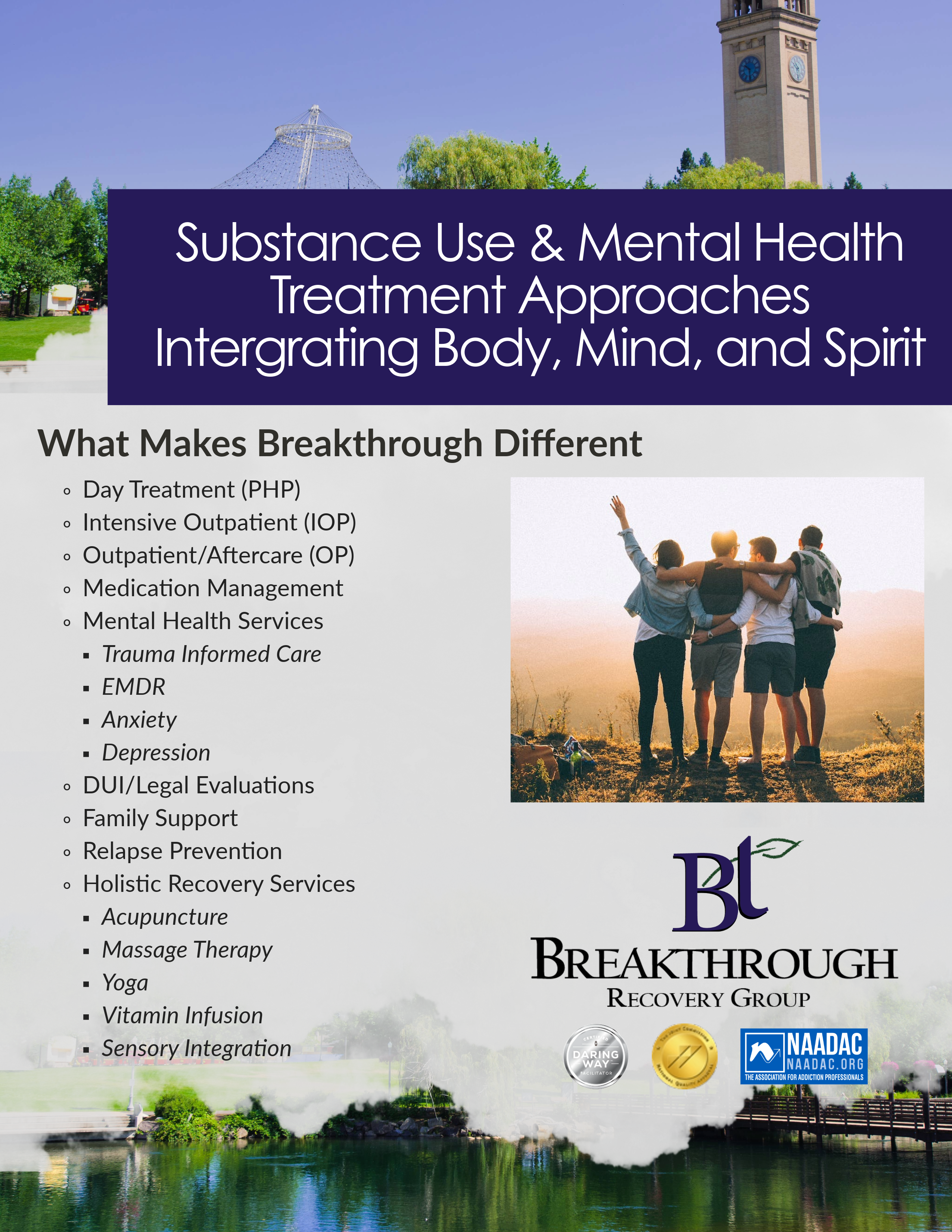Mindfulness in April: Reducing Stress to Boost Mental Health

April is National Stress Awareness Month, a time dedicated to recognizing the impact stress has on our mental health. Stress is a common phenomenon that affects individuals in various aspects of life, leading to feelings of anxiety, depression, and overall decreased mental well-being. It is crucial to understand how stress impacts mental health and explore ways to reduce it in order to boost our overall well-being.
Understanding Stress and Its Impact on Mental Health
Stress, when it persists for long periods, can significantly deteriorate our mental health. It not only acts as a precursor to various mental health conditions like anxiety and depression but also exacerbates existing issues, making them harder to manage. Chronic stress interferes with our ability to cope with life’s challenges effectively, leading to a decrease in productivity and an increase in feelings of hopelessness and helplessness. This can create a vicious cycle, where stress fuels mental health issues and, in turn, poor mental health amplifies stress, further impairing one’s ability to function optimally. Recognizing early signs of stress and understanding its potential to harm mental health is a crucial step towards breaking this cycle. Identifying stress triggers, acknowledging feelings and symptoms, and taking proactive measures to address them are foundational in protecting and enhancing mental well-being.
The Science Behind Stress and Mental Health
The interplay between stress and mental health is deeply rooted in the biological and neurological processes of the body. When an individual is exposed to stressors, the body reacts by releasing a flood of stress hormones, including cortisol and adrenaline, which prepare the body for a quick response. While this response system is crucial for survival, prolonged activation due to chronic stress can lead to detrimental effects on the brain and body. Research indicates that long-term exposure to heightened levels of cortisol can alter the functioning of neural pathways in the brain, particularly those involved in mood regulation and decision-making. This disruption can increase the susceptibility to mental health disorders such as anxiety and depression.
Effective Stress-Management Techniques
Incorporating stress-management techniques into one’s daily life is a powerful way to alleviate stress and enhance mental health. Mindfulness meditation is a proven method that encourages individuals to remain present, reducing the whirlwind of stress-inducing thoughts and emotions. By dedicating a few minutes each day to mindfulness, people can foster a calm mind, making them more resilient to stressors. Deep breathing exercises offer another simple yet effective tool for managing stress. These exercises can quickly reduce feelings of stress by lowering the heart rate and promoting relaxation, making them ideal for immediate stress relief. Engaging in physical activity is also beneficial, as it triggers the release of endorphins, chemicals in the brain that act as natural painkillers and mood elevators. Whether it’s a brisk walk, a yoga session, or a rigorous workout, regular exercise can significantly mitigate the effects of stress. Journaling serves as a reflective practice that allows individuals to process their thoughts and emotions, gaining clarity and perspective on their stressors.
The Role of Professional Help in Managing Stress
There are instances when self-administered stress reduction techniques might not suffice, making it crucial to consider professional intervention. Mental health professionals possess the expertise to delve into the root causes of an individual’s stress and provide tailored strategies for coping. Engaging with therapists or counselors opens up a pathway to explore personal challenges in a safe and supportive environment, enabling a deeper understanding of stress triggers and effective management techniques. This professional guidance can empower individuals to make meaningful changes, enhancing their ability to cope with stress and improving their overall mental health. Pursuing therapy or counseling is an act of self-care that can significantly contribute to one’s mental resilience and emotional well-being, equipping individuals with the tools necessary to navigate life’s pressures more effectively.
Building a Supportive Community for Stress Relief
In the journey to manage stress and enhance mental health, the importance of a supportive community cannot be overstated. Relationships with friends, family, and peers play a pivotal role in providing comfort, empathy, and encouragement during stressful periods. By engaging with others who understand and support one’s experiences, an individual can access a valuable resource for emotional reinforcement and practical advice. Ultimately, the strength of one’s community plays a crucial role in navigating the complexities of stress and mental health. By actively building and nurturing these relationships, individuals can create a foundation of support that not only helps them through challenging times but also contributes to their overall well-being and happiness.
We Accept Most Insurances





